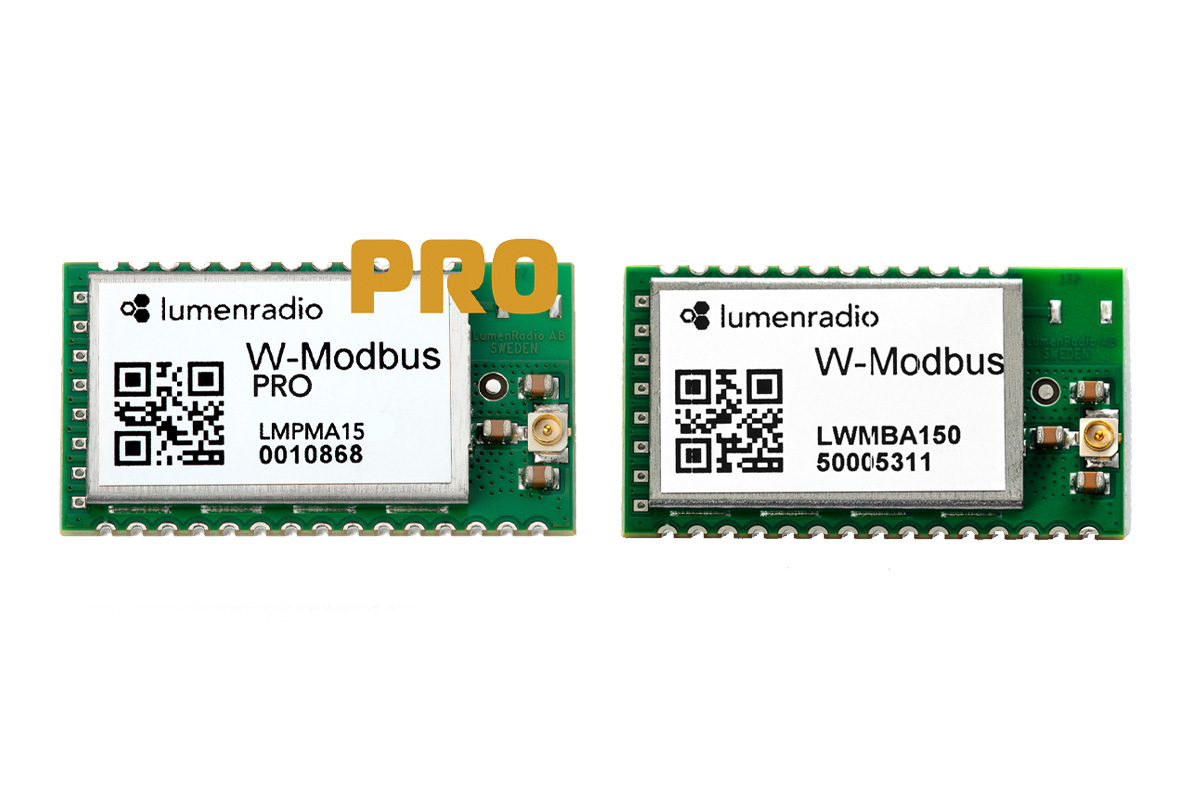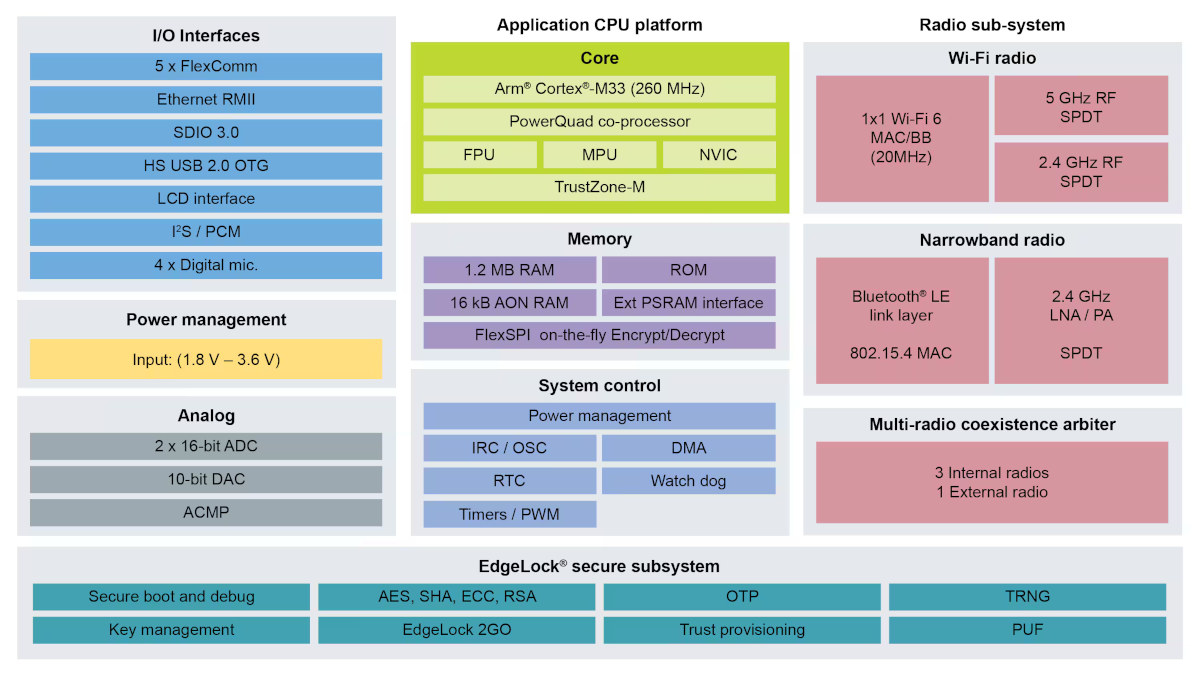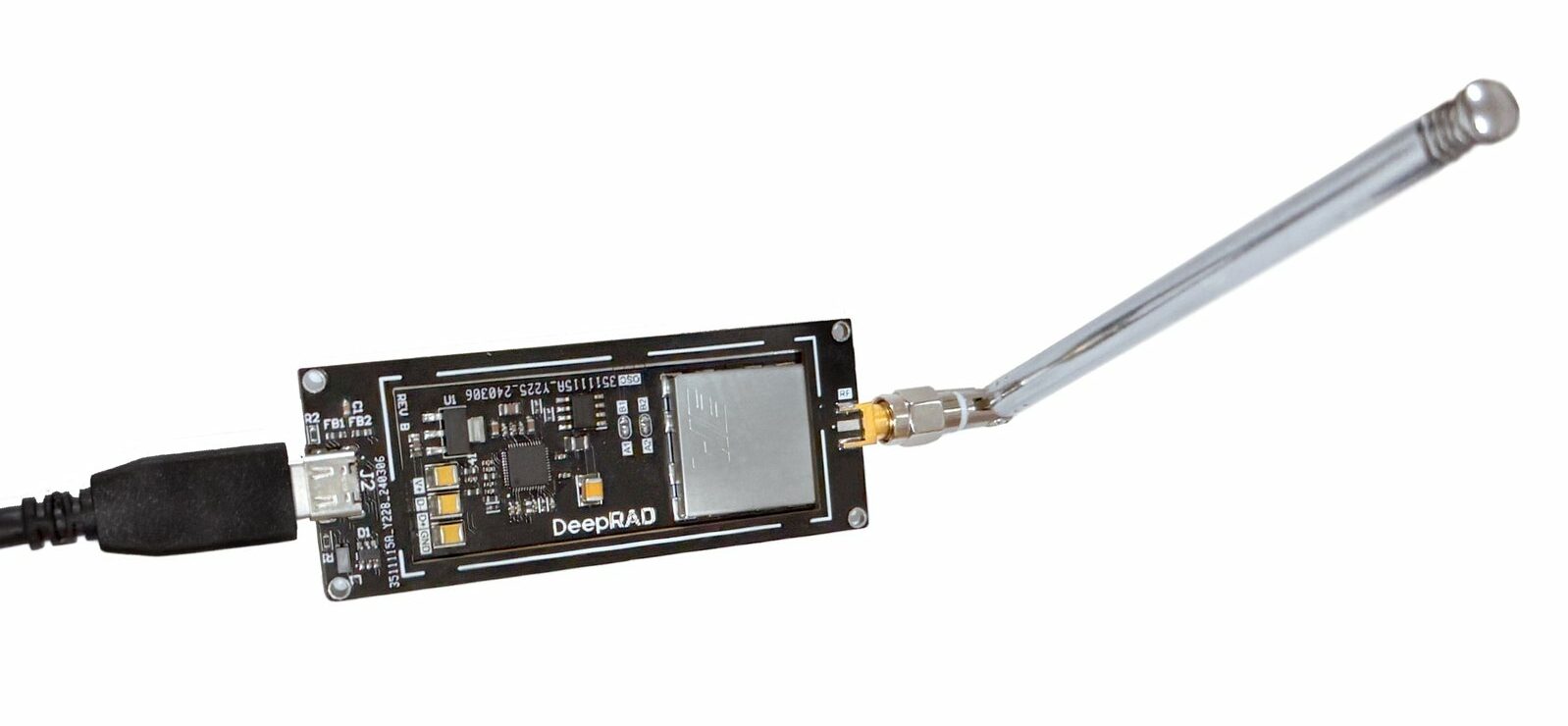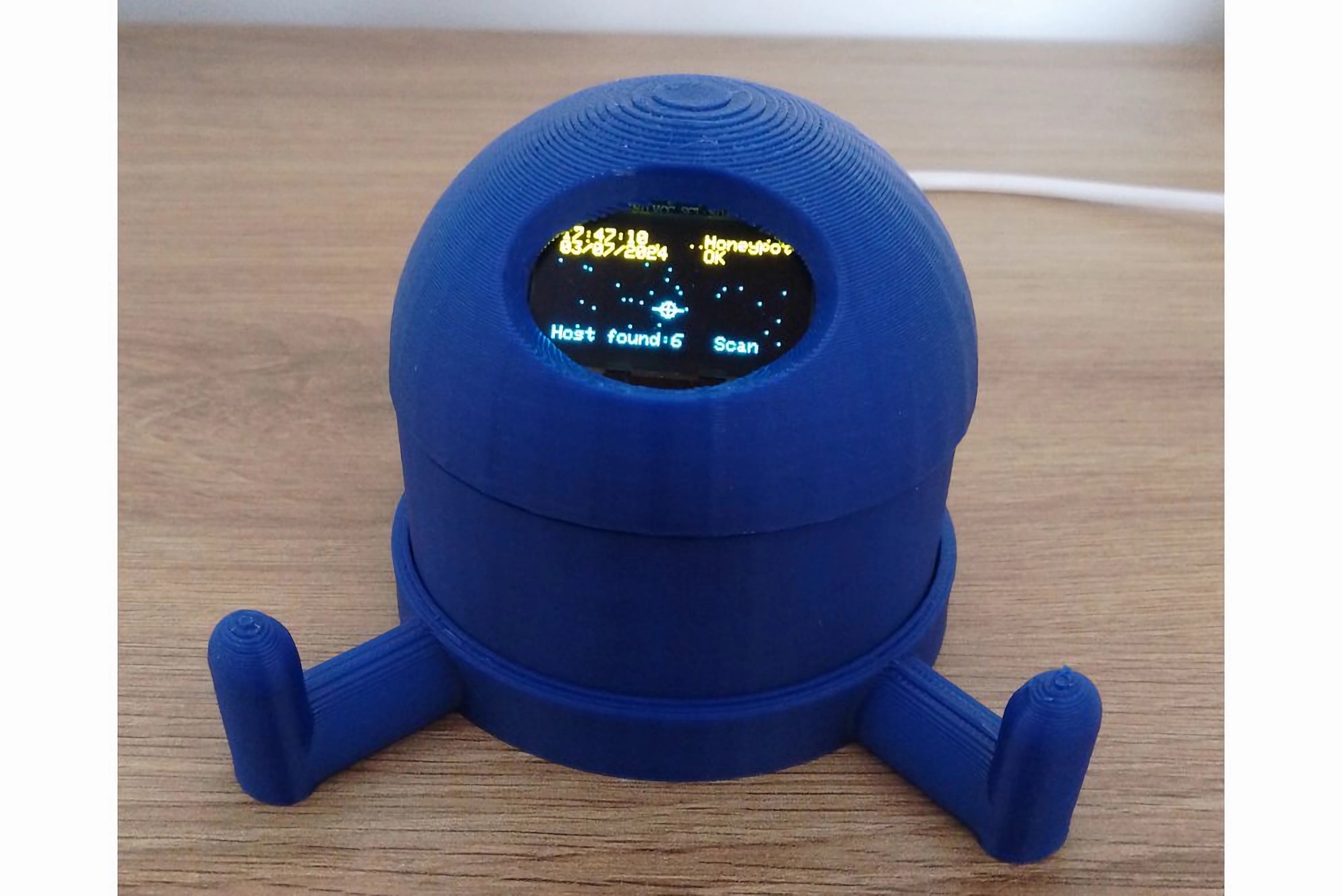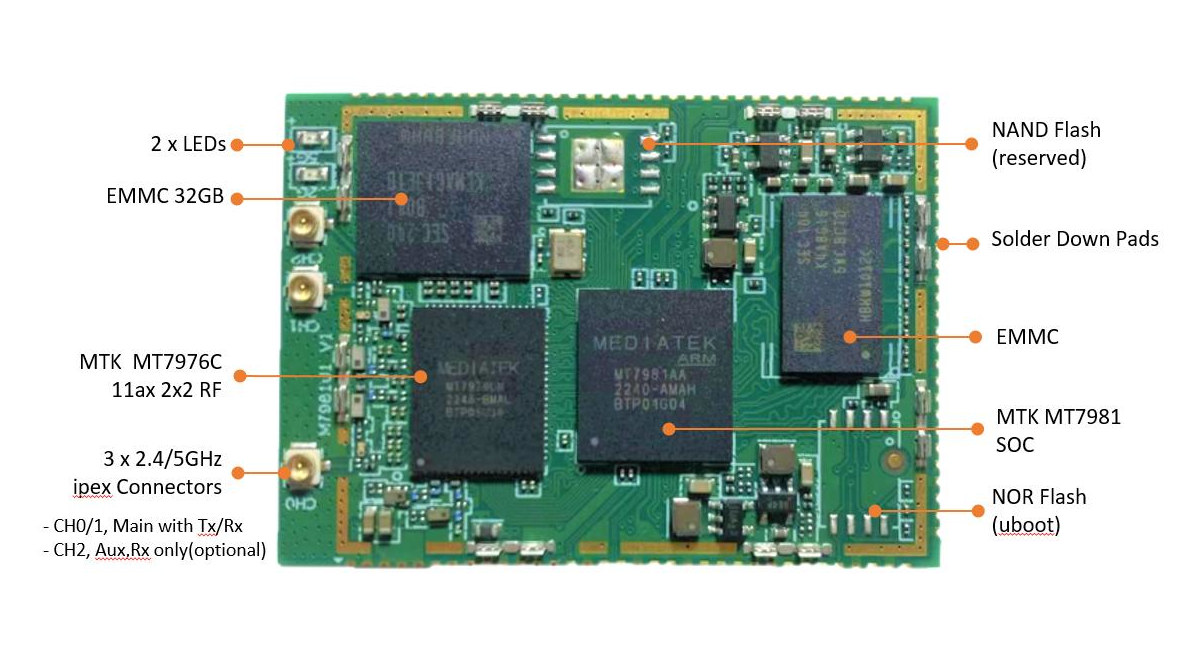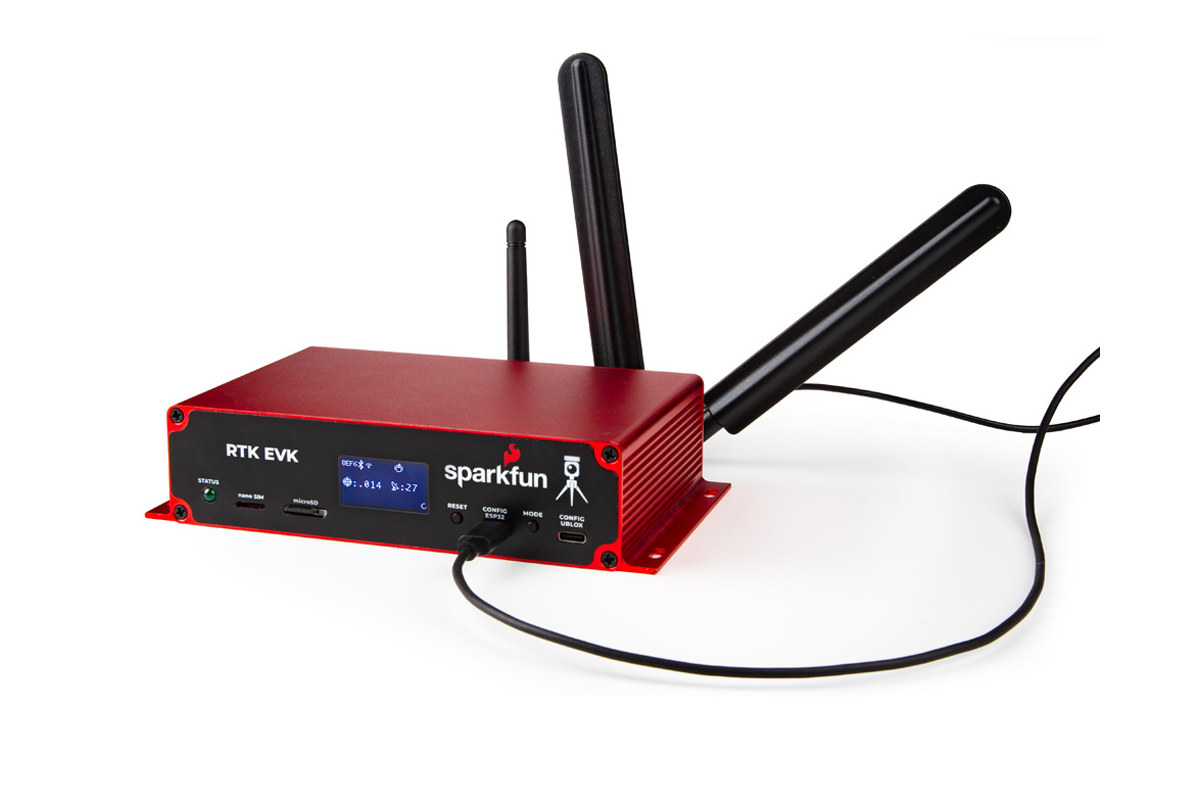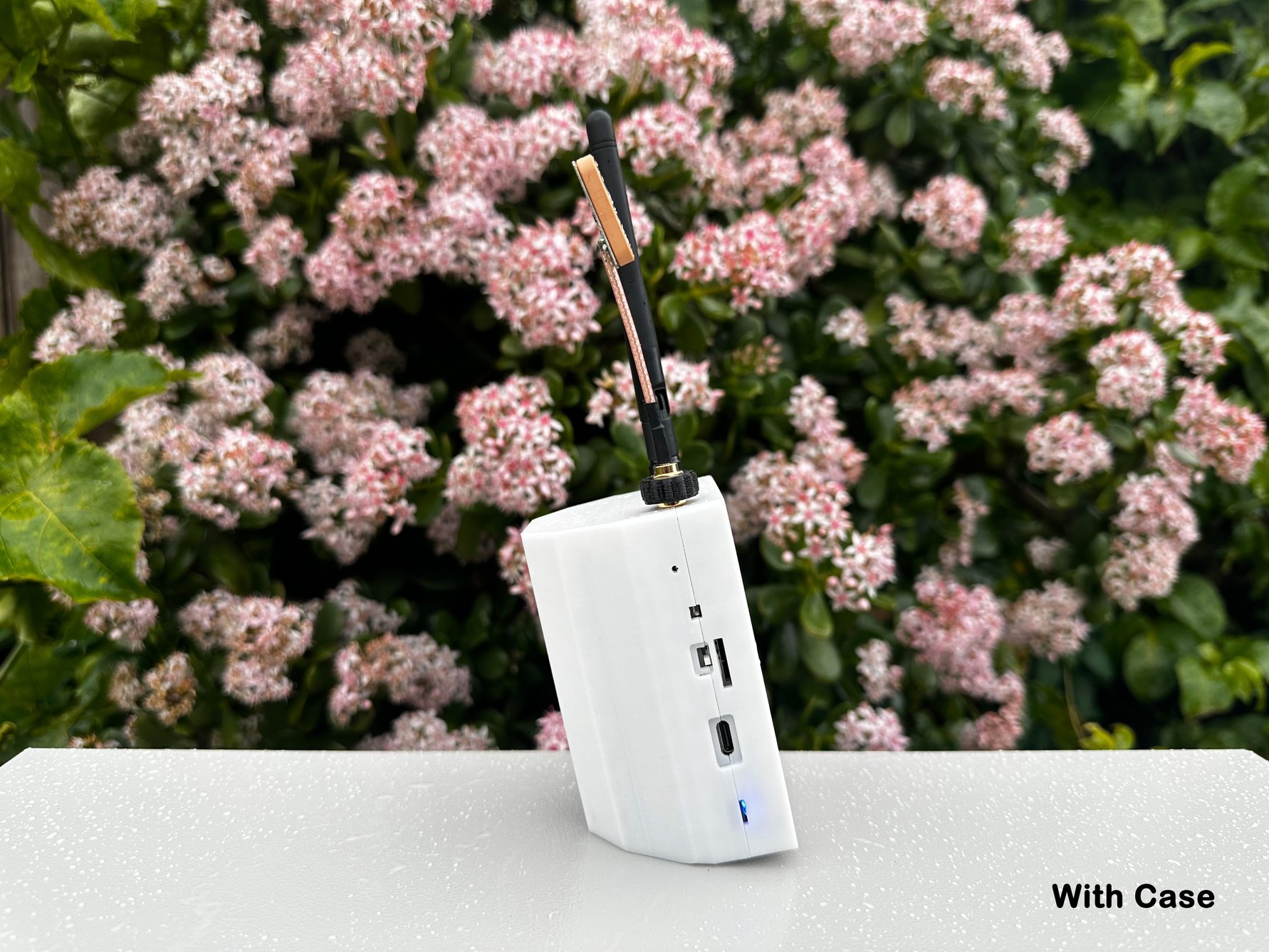Siterwell wireless and wired smoke and carbon monoxide (CO) alarms offer a low false alarm rate and high precision detection thanks to a maze design, dual-wavelength light technology, and AI-powered scene learning. Siterwell is a high-tech enterprise that provides integrated solutions across various fields, including smart security, smart home, and smart city based on IoT technology and security products. They are committed to advancing home safety with innovative and efficient solutions. Siterwell smoke alarms specifications and highlights: High-precision detection with an alarm accuracy of 99.96% Design optimized to decrease the number of false alarms with Maze design/micro-mesh design to reduce interference from other particles such as mosquitoes/dust/smoke particles Dual-wavelength light detection to accurately detect smoke from both fast-burning and smoldering fire Mechanical creep simulation, mechanical impact simulation, air-fluid dynamics simulation, and optical modeling to prevent false alarms while cooking AI-powered scene learning – Upon activation, the device begins to learn […]
LumenRadio’s nRF52840 based Wireless Modbus module aims to simplify Modbus RTU installations
LumenRadio has recently introduced a Wireless Modbus (W-Modbus) module built around Nordic Semiconductor’s nRF52840 SoC. The module can connect up to 100 nodes, integrates a power amplifier with 100mW transmission power, and supports Bluetooth LE for smartphone connectivity. These features simplify Modbus RTU installations by eliminating traditional control cables, making them ideal for building and industrial automation applications. The company mentions two variants available for this module the ‘W-Modbus OEM Module’ which supports one Modbus client, and the ‘W-Modbus PRO OEM Module’ supporting up to sixteen Modbus clients. Both modules support self-healing, self-organizing mesh protocols that address the issues of network reliability and scalability in industrial environments. The module can also be used for remote monitoring and troubleshooting via smartphones. LumenRadio’s Wireless Modbus module specification Module – LumenRadio W-Modbus module SoC – Nordic Semiconductor nRF52840 CPU – 32-bit Cortex-M4 core with FPU @ 64 MHz Connectivity Bluetooth 5.4 (BLE, Bluetooth mesh, […]
NXP RW612 Arm Cortex-M33 Wireless MCU offers Wi-Fi 6, Bluetooth 5.4, and 802.15.4 radios
The NXP RW612 is an Arm Cortex-M33 SoC with three radios, namely WiFi 6, Bluetooth 5.4, and 802.15.4 for Thread and Matter connectivity. It also has a small sibling called the RW610 without the 802.15.4 radio. I first came across RW61x chips, when Debashis wrote about the Trimension SR250 UWB chip mentioning it can work with “host processors like NXP’s i.MX, RW61x, and MCX families”. I initially thought it was a typo for the iW612 tri-radio solution introduced in 2022, and the RW612 is indeed similar, but it’s a complete wireless microcontroller/SoC with an Arm Cortex-M33 application core so it can be used independently as a host instead of a companion chip. NXP RW612 and RW610 specifications: MCU sub-system Core – 260 MHz Arm Cortex-M33 with TrustZone-M Memory On-chip 1.2 MB SRAM PSRAM interface for memory expansion Storage – Quad FlexSPI Flash XIP with on-the-fly decryption Peripheral interfaces Up to […]
DeepRad is a cheap, modular SDR receiver based on the RTL-SDR (Crowdfunding)
DeepRad is a software-defined radio (SDR) receiver built in the RTL-SDR form factor. The modular SDR receiver offers advantages over other RTL-SDR-based devices which make it easier to integrate with other components and build custom solutions for your specific applications. The DeepRad SDR receiver is based on the RTL-SDR dongle and features the same Realtek RTL2832U demodulator chip with an R860T tuner. The module features D+ and D- pins for USB connection, V+ for 5 V power supply, solderable jumpers for oscillator selection, an RF pin for antenna connection, and 8 shield pin connectors for shielding and support. The module is targeted at custom designs, with the user free to choose the best components for their application. It is as versatile as a typical SDR receiver, with applications ranging from FM radio listening to aircraft tracking. We have previously covered other RTL-SDR receivers, such as the KrakenSDR and the RTL-SDR […]
ESP8266-powered Netgotchi network security scanner aims to protect your home network
The Netgotchi network security scanner is a simple, compact device based on an ESP8266 wireless microcontroller with a single goal: to defend your home network from intruders and potential bad actors. It is described as “Pwnagotchi’s older brother,” a network guardian that keeps your network safe instead of penetrating it. If you are unfamiliar with Pwnagotchi, it is an A2C-based (advantage actor-critic) “AI” that can penetrate Wi-Fi networks using WPA key material obtained from passive sniffing or de-authentication attacks. The Netgotchi is a reverse Pwnagotchi that alerts you to intruders or breaches in your network. It runs on a simple microcontroller and cannot employ reinforcement learning like the Pwnagotchi. Rather, it pings the network periodically and reports any new potential security threats. The device’s design is as simple as its purpose. It is an ESP8266 microcontroller connected to an OLED display and running an Arduino .ino script, enclosed in a […]
$39 Acelink SM81 MediaTek Filogic 820 WiFi 6 system-on-module runs OpenWrt 23.05 or Debian 11
Acelink SM81 is a compact (50x36mm) system-on-module based on the MediaTek Filogic 820 (MT7981A/B) processor with WiFi 6 and Ethernet connectivity designed for IoT applications such as routers, access points, and gateways. The wireless module ships with up to 1GB DDR4 memory, a 2MB NOR flash for the bootloader, a 32GB eMMC flash for Linux or an optional NAND flash, and exposes various I/Os such as gigabit Ethernet, USB 3.0, PCIe 2.1, UART, and more through castellated holes. Acelink SM81 specifications: SoC (one or the other) MediaTek MT7981AA (Filogic 820) dual-core processor @ 1.3 GHz MediaTek MT7981BA (Filogic 820) dual-core processor @ 1.3 GHz without PCIe interface System Memory – 1GB DDR4 @ 2133 Mbps Storage 2MB NOR flash for bootloader 16GB or 32GB eMMC flash for main OS (OpenWrt) Footprint for NAND flash Wireless Radio Mode – 2.4GHz 2×2 + 5GHz 3×3 MIMO via MT7976CN RF IC Radio Frequency […]
SparkFun RTK EVK offers GNSS with centimeter accuracy, WiFi, Bluetooth, 4G LTE Cat 1, and Ethernet connectivity
SparkFun RTK EVK is a fully-enclosed GNSS platform designed for fixed or mobile high-precision positioning and navigation applications with centimeter accuracy thanks to RTK (real-time kinematic) technology implemented with modules from u-blox. About two months ago, Sparkfun introduced the RTK Torch waterproof GNSS surveyor with Unicore UM980 GNSS module with RTK support, ESP32 for WiFi/Bluetooth, and an STM32WLE5C LoRa SoC. The SparkFun RTK EVK (evaluation kit) may drop LoRa connectivity, but it’s a more versatile platform with WiFi, Bluetooth, Ethernet, and LTE Cat 1 cellular connectivity, besides support for L1 + L2 RTK GNSS with L-Band correction. Sparkfun RTK EVK specifications: GNSS Receiver – u-blox ZED-F9P Concurrent reception of GPS, GLONASS, Galileo, and BeiDou Receives both L1C/A and L2C bands 184-channel u-blox F9 engine Time to First Fix: 25s (cold), 2s (hot) Max Navigation Rate: 20Hz / 25Hz depending on mode Horizontal Position Accuracy: 2.5m without RTK; 0.010m with RTK […]
The ESP32 Marauder Pocket Unit v2 is a wireless penetration device with an onboard GPS module and touchscreen
The ESP32 Marauder Pocket Unit with GPS v2 is a portable Wi-Fi and Bluetooth penetration tool powered by an ESP32 module and used to test and analyze wireless networks. It features a 2.8-inch touchscreen, two 18650 batteries, an SD card slot, an LED battery indicator, and two external antennas for 2.4GHz Wi-Fi and GPS. ESP32 Marauder Pocket Unit v2 specifications: Microcontroller – ESP32 Wi-Fi & Bluetooth SoC Storage – MicroSD card slot for file sharing, backup, and firmware updates (8GB SanDisk memory card included) Display – 2.8-inch capacitive touchscreen USB – USB-C port for charging GNSS – Embedded GPS module Antenna – External dual antenna SMA connectors for WIFI and GPS Misc 1x battery status indicator Reset and Power buttons Power – 2x 18650 batteries Dimensions – 92 x 71 x 46mm The ESP32 Marauder device is based on JustCallMeKoko’s ESP32Marauder Project, a suite of Wi-Fi/Bluetooth offensive and defensive tools […]



